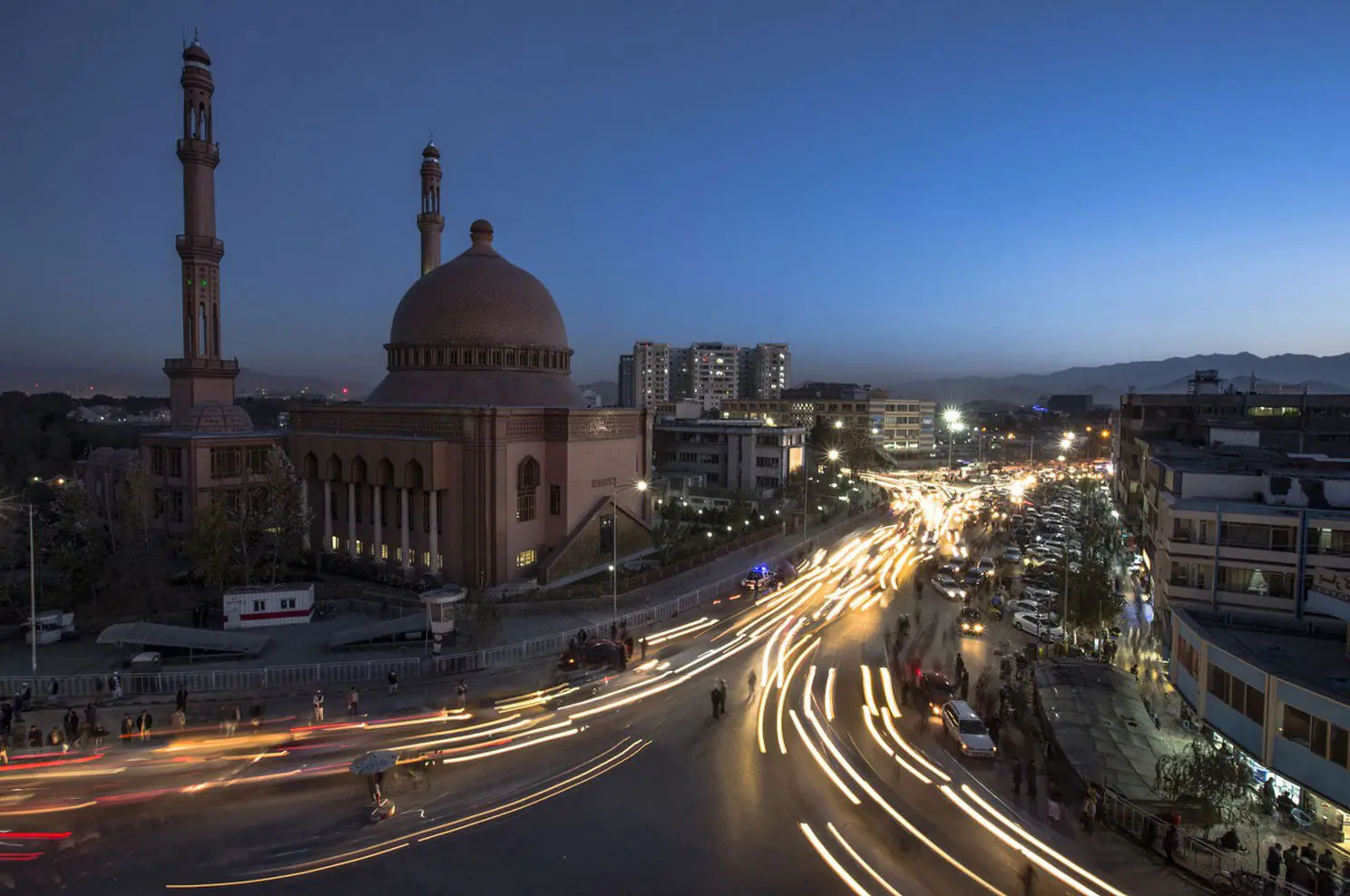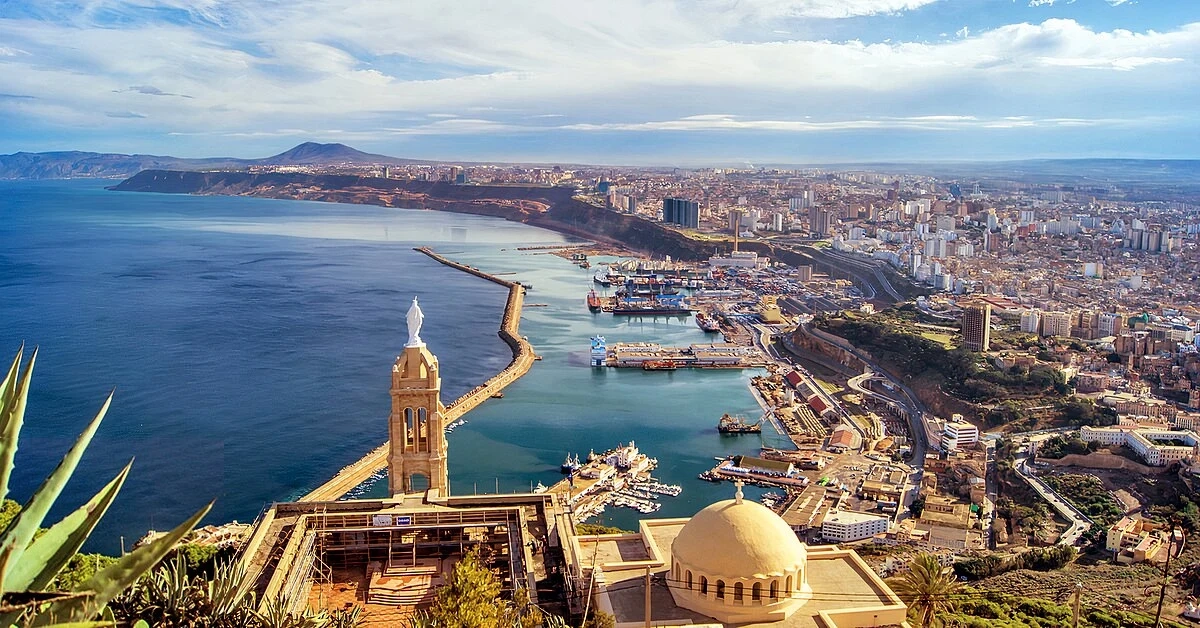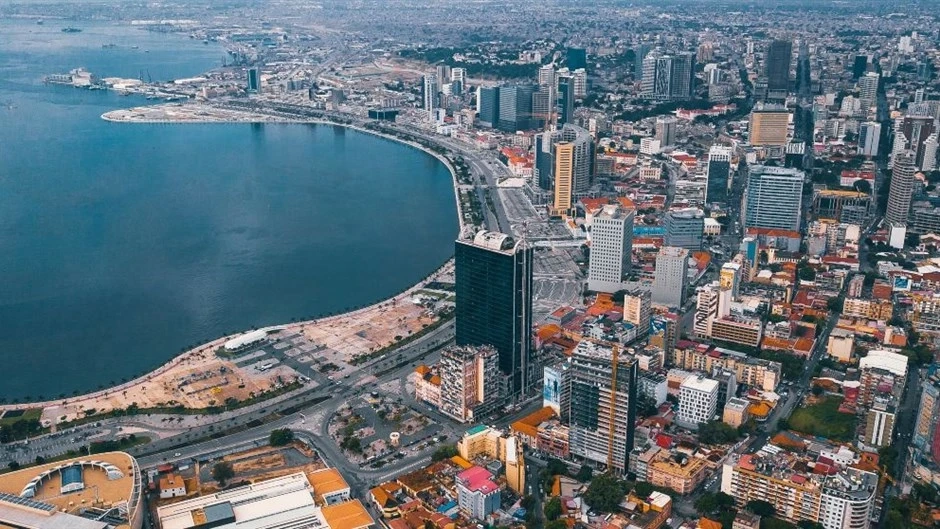1. Agricultural workers: Many Burundians are employed in agriculture. The average salary of agricultural workers can be between 1 and 3 euros per day.
2. Teachers: In the field of education, primary and secondary school teachers receive an average salary of 100 to 200 euros per month.
3. Healthcare workers: Healthcare workers, including nurses and doctors, can earn higher salaries compared to other professions. Nurses can earn between €200 and €300 per month, while doctors can earn more, depending on their specialization.
4. Skilled laborers, such as carpenters, electricians, and plumbers, can earn between €100 and €300 per month, depending on experience and demand.
5. Professionals in business and finance: Professionals in business and finance, including accountants and bankers, can earn higher salaries compared to other industries, with average monthly earnings ranging from €300 to €500.
- Working hours: The standard working week is 45 hours, usually spread over six days.
- Employment contracts: Employment contracts are standard in Burundi and must contain the terms and conditions of employment, including job duties, working hours, compensation and benefits.
- Holidays and vacations: Employees are entitled to paid leave, including annual leave, sick leave and public holidays. The number of days of annual vacation may vary depending on the length of service.
- Occupational health and safety: Employers are obliged to provide safe working conditions and comply with health and safety regulations. Employees have the right to refuse to work in unsafe conditions.
- Minimum salary - 60 euros per month
- Average salary - 300 euros
1. An emerging startup ecosystem:
Burundi's startup ecosystem is slowly gaining momentum, with more and more entrepreneurs and small businesses exploring opportunities in various sectors.
2. Challenges and opportunities:
Entrepreneurs face challenges such as limited access to finance, bureaucratic hurdles, and infrastructure issues. However, these challenges also create opportunities for innovative solutions.
3. Government support:
The Burundian government has taken steps to support entrepreneurship, including providing training, facilitating access to credit, and simplifying business registration processes.
4. Cross-border trade:
Cross-border trade with neighboring countries, including Rwanda and the Democratic Republic of Congo, offers entrepreneurs opportunities to access regional markets.
5. The best cities for doing business:
- Bujumbura
- Gitega
- Ngozi
- Ruyigi
- Muyinga
1. Agriculture and agribusiness:
Agriculture is the backbone of Burundi's economy. The country is known for its coffee and tea production, as well as the cultivation of crops such as maize, beans, and sorghum. Agribusiness opportunities exist in the processing, packaging and export of agricultural products.
2. Retail trade:
Retail trade, including small shops, markets, and street vendors, is distributed throughout the country. These businesses serve as important sources of employment and provide local communities with basic necessities.
3. Food industry:
The food industry is a growing sector in Burundi, encompassing activities such as milling, grain processing, and fruit and vegetable processing. Entrepreneurs have the opportunity to add value to agricultural products.
4. Textile and clothing industry:
The textile and clothing industry is another emerging sector. The production of clothing, including traditional Burundian clothing, offers great opportunities for entrepreneurs.
5. Cross-border trade:
Due to its proximity to Rwanda, the Democratic Republic of Congo and Tanzania, cross-border trade is an important sector that offers opportunities for import and export businesses















